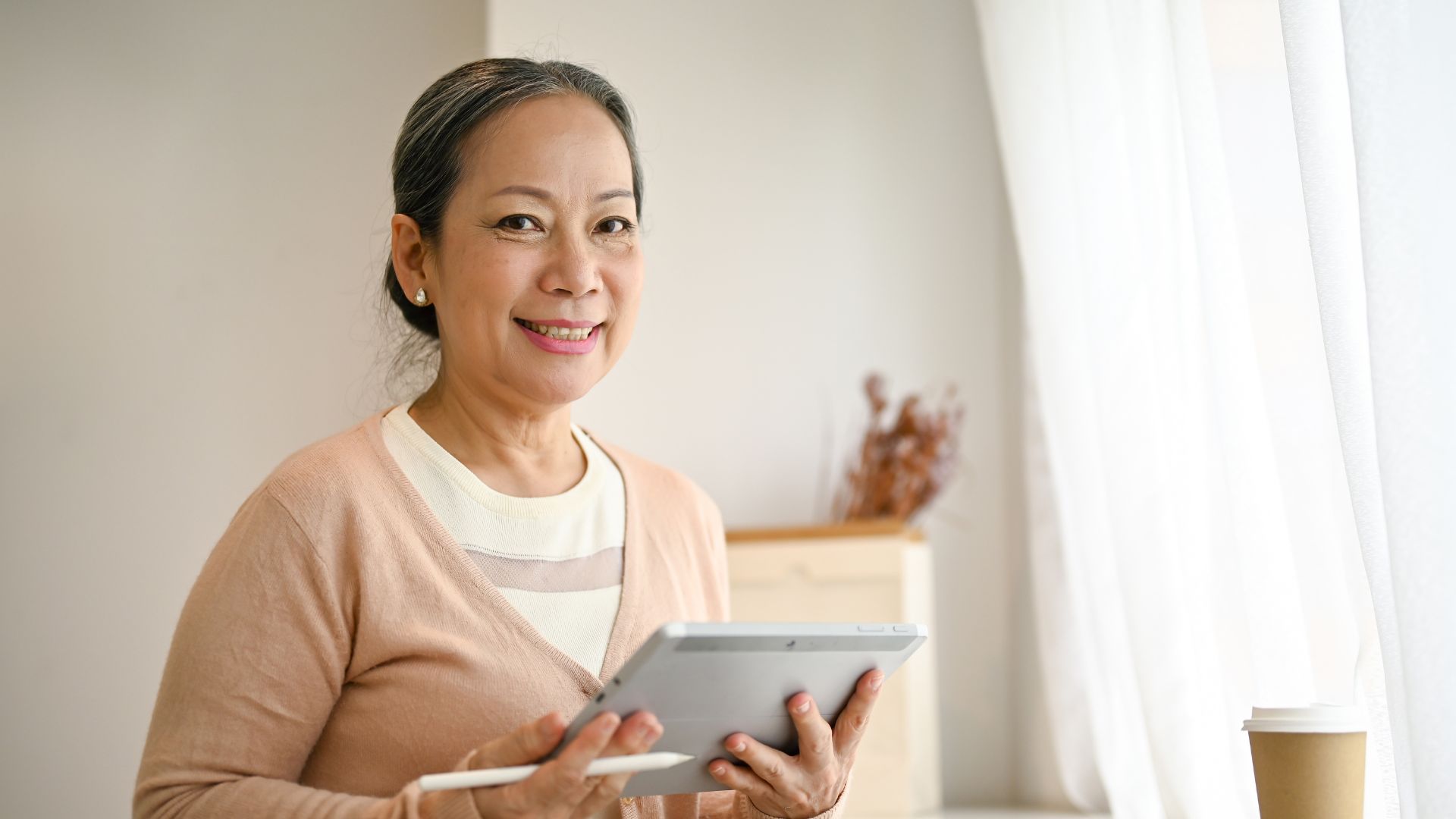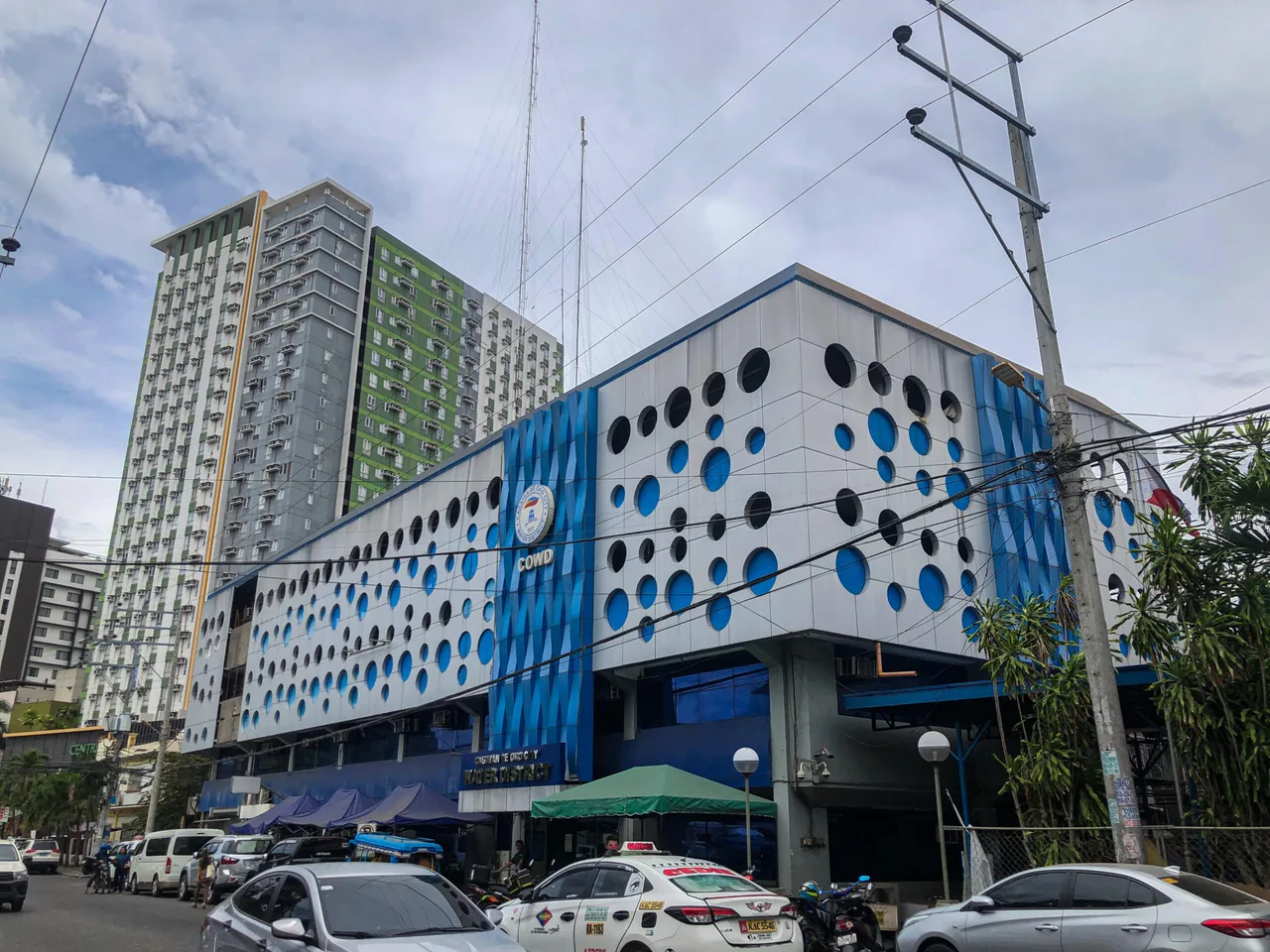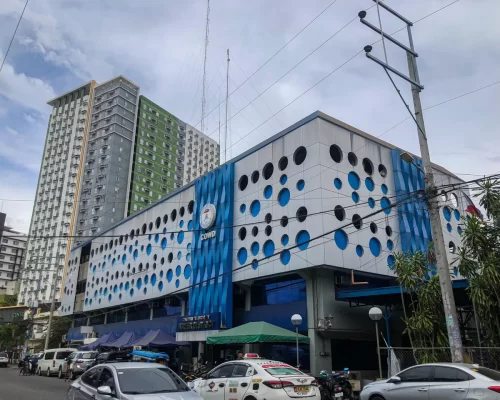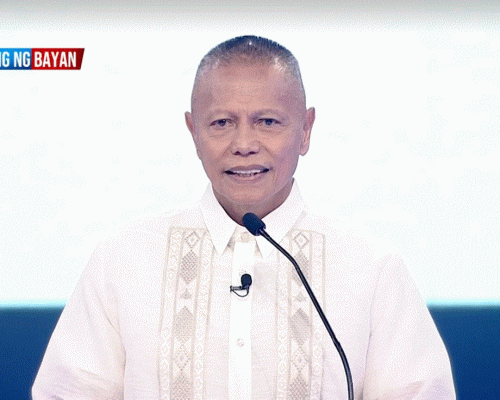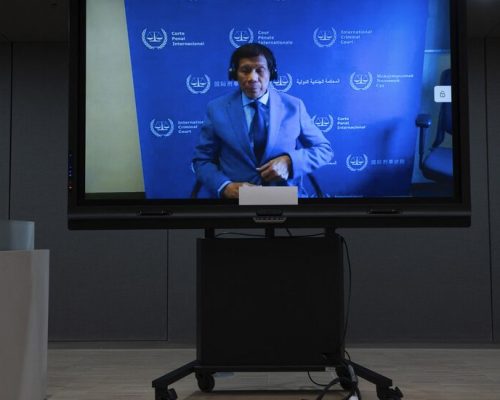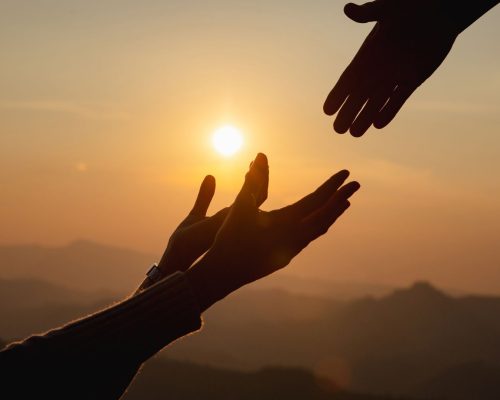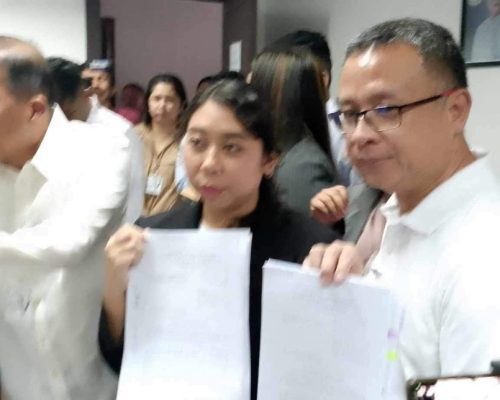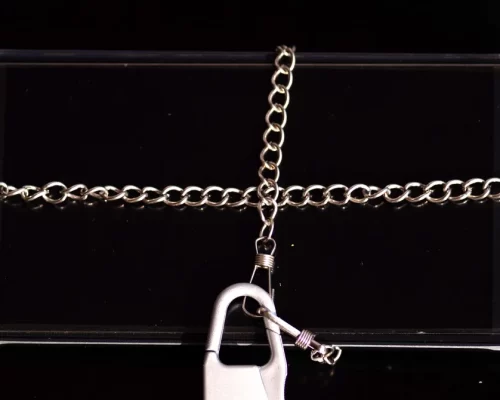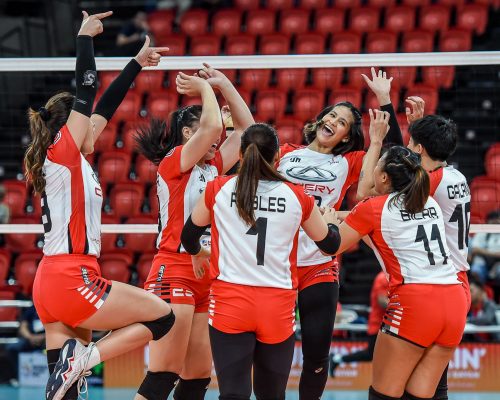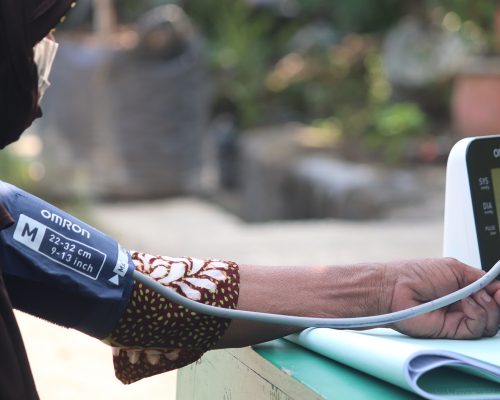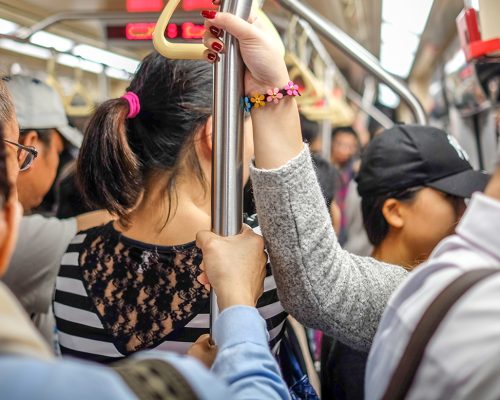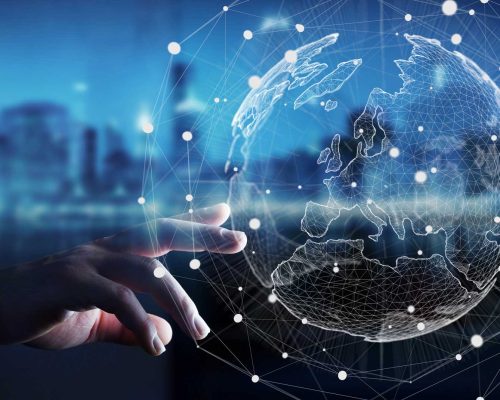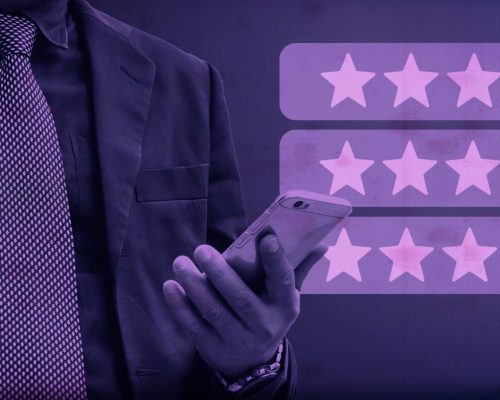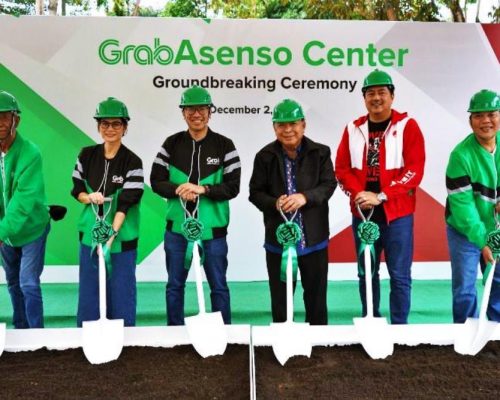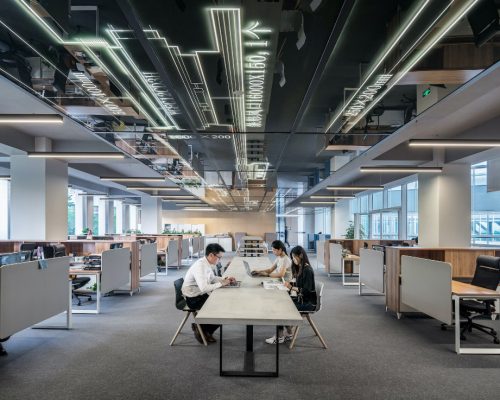In a society often characterized by consumerism and material accumulation, a growing number of Filipinos are embracing minimalism. This lifestyle movement, which advocates for simplicity and intentional living, is gaining traction as people seek to declutter their homes and minds.
The Roots of Minimalism
Minimalism is not just about getting rid of excess possessions; it’s about re-evaluating what truly matters. Inspired by global trends and popular figures such as Marie Kondo, many Filipinos are adopting minimalist principles to create more meaningful and stress-free lives. The movement encourages people to focus on experiences and relationships rather than material goods.
The Decluttering Process
The journey towards minimalism often begins with decluttering. This involves systematically going through belongings and deciding what to keep, donate, or discard. For many, this process is therapeutic and liberating, allowing them to let go of items that no longer serve a purpose. Decluttering not only frees up physical space but also reduces mental clutter, leading to a more organized and peaceful environment.
Cultural Shifts
Adopting minimalism in the Philippines requires navigating cultural norms that often emphasize abundance and the accumulation of possessions. However, the movement is gaining acceptance, particularly among younger generations and urban dwellers who face space constraints and hectic lifestyles. Social media plays a significant role in spreading minimalist ideals, with influencers and bloggers sharing their experiences and tips.
Environmental Impact
Minimalism also aligns with growing environmental awareness in the Philippines. By reducing consumption and waste, minimalists contribute to sustainability efforts. The movement promotes the use of eco-friendly products, second-hand shopping, and conscious consumerism, which can help mitigate the country’s waste management challenges.
The Minimalist Mindset
Beyond the physical aspects, minimalism fosters a mindset of mindfulness and intentionality. It encourages people to prioritize their time, energy, and resources on what truly adds value to their lives. This shift can lead to improved mental health, reduced stress, and greater overall well-being.

